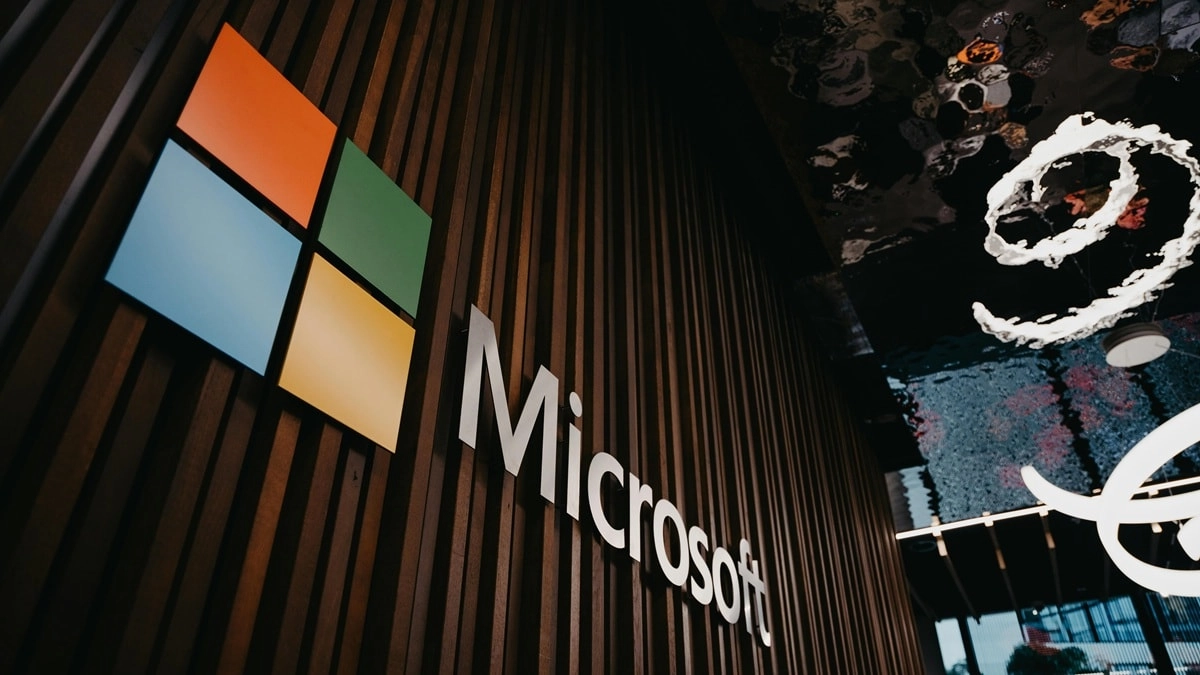Microsoft’s recent decision to ink a deal for the acquisition of 4.9 million tons of human waste may initially seem perplexing, but it reflects the company’s commitment to sustainability and innovative waste management solutions. The agreement aligns with Microsoft’s broader goal of achieving carbon negativity by 2030, showcasing how corporate giants can leverage unconventional resources to address pressing environmental challenges. By investing in the processing and utilization of human waste, Microsoft is not only aiming to reduce its carbon footprint but also tapping into the potential of turning waste into a valuable resource.
The human waste in question will be processed to produce biogas, a renewable energy source that can be used to generate electricity and heat. This initiative not only helps in reducing greenhouse gas emissions associated with traditional waste disposal methods but also promotes the circular economy by transforming waste into energy. In an era where companies are urged to take responsibility for their environmental impact, Microsoft’s purchase represents a significant step towards creating a more sustainable future. By embracing innovative technologies in waste management, the tech giant is setting a precedent for other corporations to follow, demonstrating that sustainability can be integrated into business models in creative and effective ways.
Moreover, this deal emphasizes the importance of collaboration between the corporate sector and waste management industries. By partnering with waste treatment facilities, Microsoft is fostering a circular economy that benefits both the environment and local communities. The conversion of human waste into energy not only addresses the issue of waste disposal but also provides an alternative energy source that can support local grids. As cities continue to grapple with waste management and energy production challenges, Microsoft’s initiative could serve as a model for other companies looking to minimize their ecological impact while contributing to community resilience.
In summary, Microsoft’s acquisition of 4.9 million tons of human waste is a forward-thinking approach that highlights the company’s dedication to sustainability and innovative resource management. This deal not only aims to mitigate the environmental impact of waste but also showcases how human waste can be transformed into a valuable energy source. As corporations increasingly recognize their role in addressing climate change, initiatives like this may pave the way for a more sustainable and resource-efficient future, ultimately benefiting both the planet and society at large.




